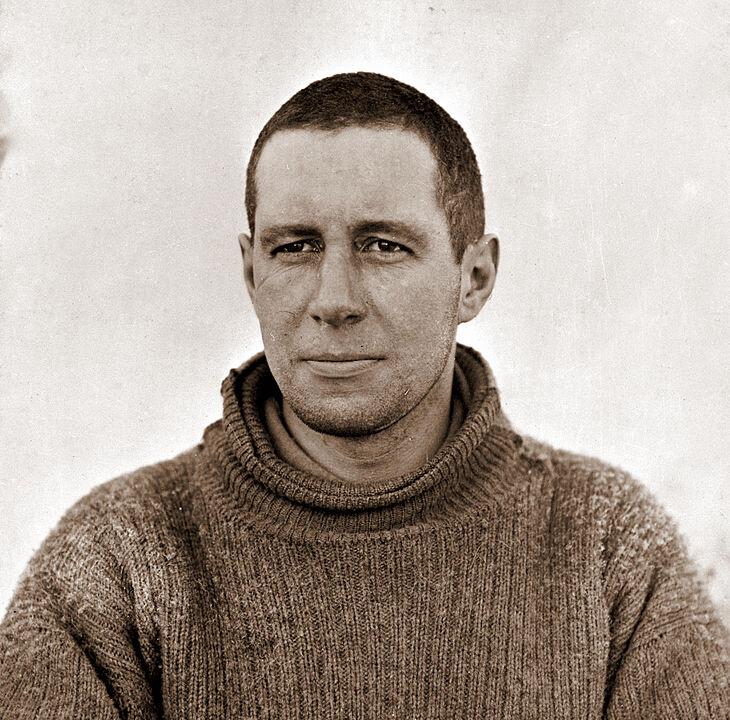A Victorian soldier, adventurer, and a “very gallant” English gentleman is being honoured by his countrymen 100 years after his death.
Captain Lawrence Oates’s death in Antarctica and his famous last words “I am just going outside and may be some time” still resonate a century later as an expression of self-sacrifice.
A blue commemorative plaque is to be unveiled in Leeds at Meanwood Park, an area formerly owned by the Oates family, in honour of the polar explorer, who reached the South Pole with Scott of the Antarctic.
Beloved by many in England throughout the past century, Oates had been recommended for the Victoria Cross for his bravery in one of modern history’s harshest military theatres, the Boer war. He was known as a distinguished soldier and a valiant servant of King and country. He later bought himself out of the army, paying a vast sum so that he could be free to enlist with Scott’s fated 1911 South Pole expedition from which no one returned.
Scott’s team had valiantly battled the forbidding ice fields and reached the South Pole only to be pipped at the post by the more efficient Amundsen expedition. The Norwegian team had used dog sleds instead of exhaustingly man-hauling their provisions and equipment. For the British team this error of methodology combined with the use of less than adequate horses on the first 400 miles of the gargantuan outward journey, conspired with the elements to prove the British expedition’s downfall.
Disappointment at not getting to the pole first was soon compounded with disaster as the undermined team turned for home. Catastrophe loomed when, starving and debilitated, the explorers found themselves so near yet so far from the next feeding station. They were ill-equipped to go much further and in sub 40 degree temperatures.








